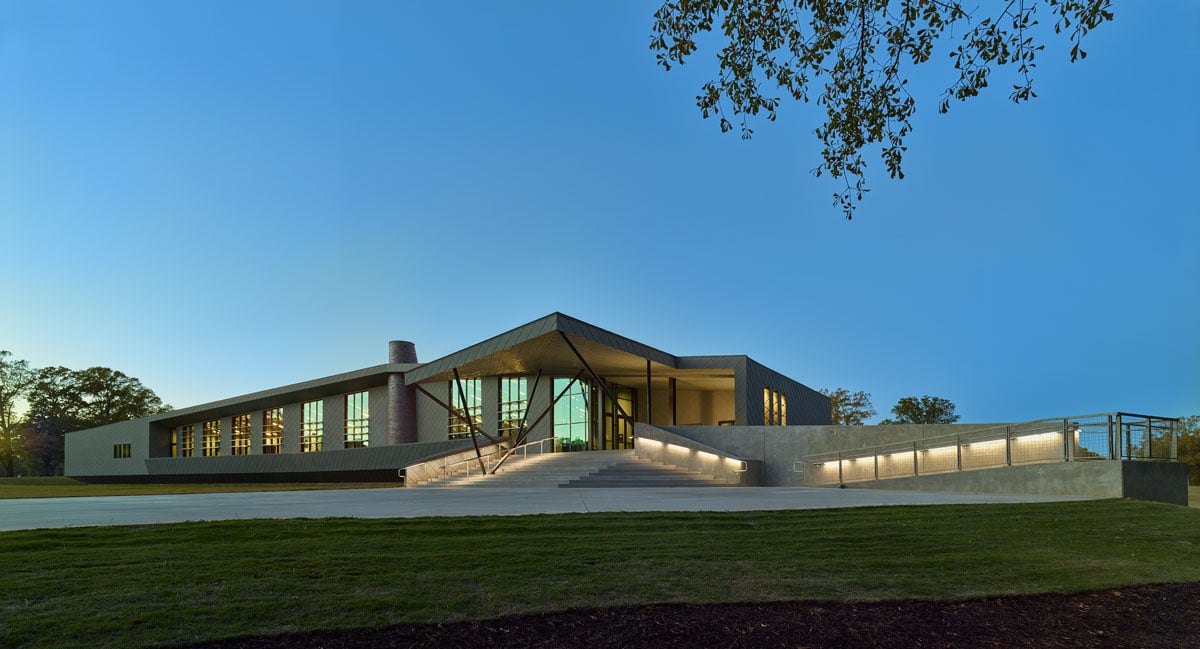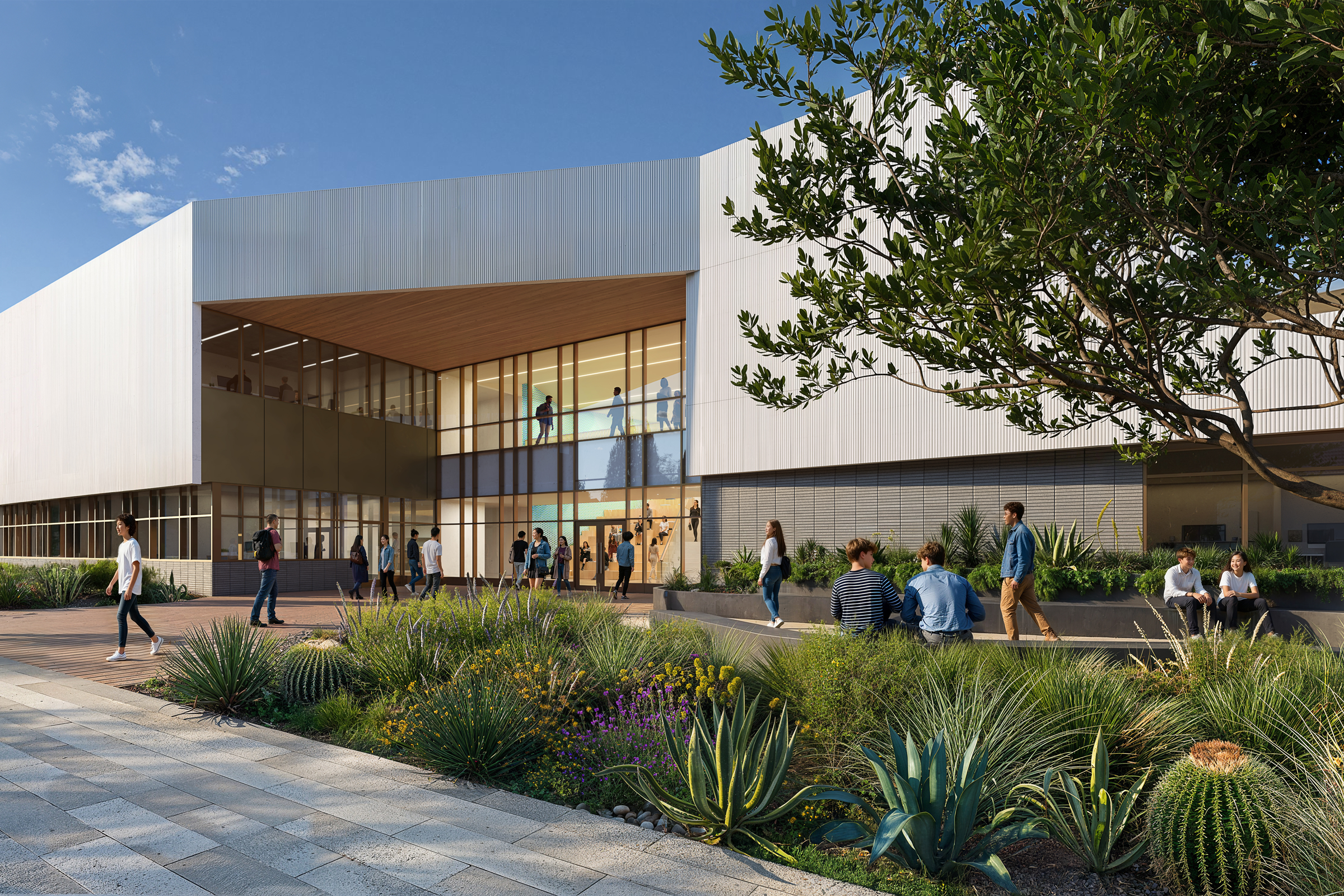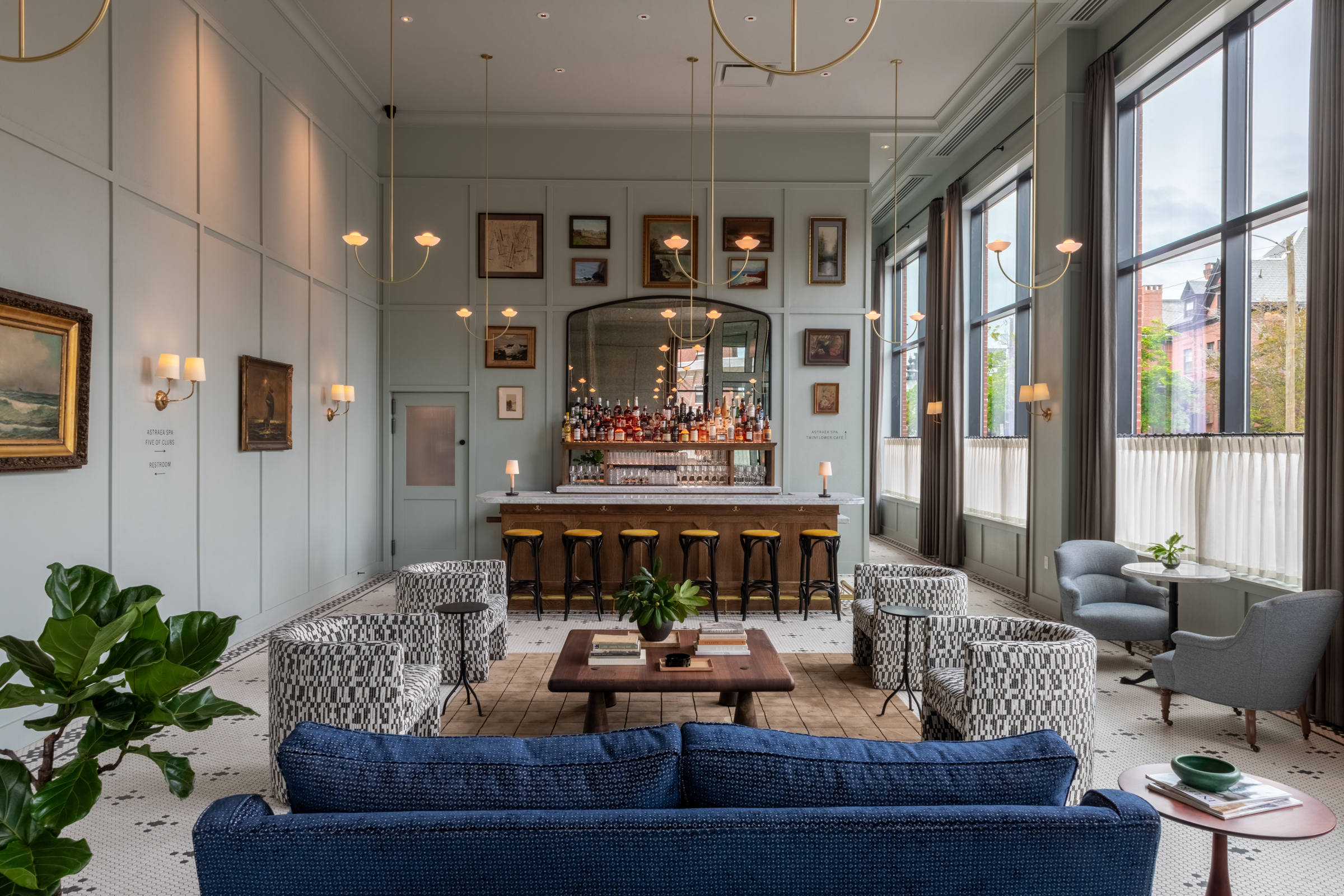“Atlanta has made incredible strides to become a greener and more resilient city,” says Stephanie Stuckey, chief resilience officer for the City of Atlanta’s Office of Resilience, where they are committed to transitioning to 100% clean energy, enacting the largest municipal solar program in the state, electrifying the city’s fleet, and turning abandoned city lots into community gardens.
Not to mention, a new city ordinance that requires all new construction and major renovations to be at least LEED Silver certified. “We work hand-in-hand with the planning and design community to ensure these initiatives incorporate best practices for the built and natural environment,” Stuckey says.
For local leaders, working to be a more sustainable city means reconciling the city’s developmental goals with its long-term environmental limits. We’ve all heard of urban chic, but Atlanta is at the forefront of the latest trend in sustainability; let’s call it: urban green.
One of the city’s latest sustainability endeavors is the Mercedes-Benz Stadium, the first professional sports venue in the world to achieve LEED Platinum certification. The 2 million-square-foot, $1.5 billion project features 4,000 solar panels and an advanced stormwater management program, resulting in a 47% reduction in domestic water use.

Atlanta’s Grant Park gateway project. Rendering courtesy of Smith Dalia Architects and Winter Johnson Group
Elsewhere in Atlanta, the Grant Park Gateway Project reimagines a typical parking garage to blend seamlessly into Green Park’s natural landscape. With its new and improved green rooftop, the project aims to connect local communities in an innovative, sustainable way.

Photo courtesy of Camp Southern Ground
Even traditional summer camps are receiving a sustainable makeover. 35 miles south of Atlanta, Camp Southern Ground teaches children about local food systems in its 20,000-square-foot, LEED Certified Peterson Dining Hall. To meet the camp founder and Grammy Award-winning musician Zac Brown’s goals for building sustainably, the dining hall’s strategic orientation helps to decrease heat gain and enhance the best indirect ambient light.





